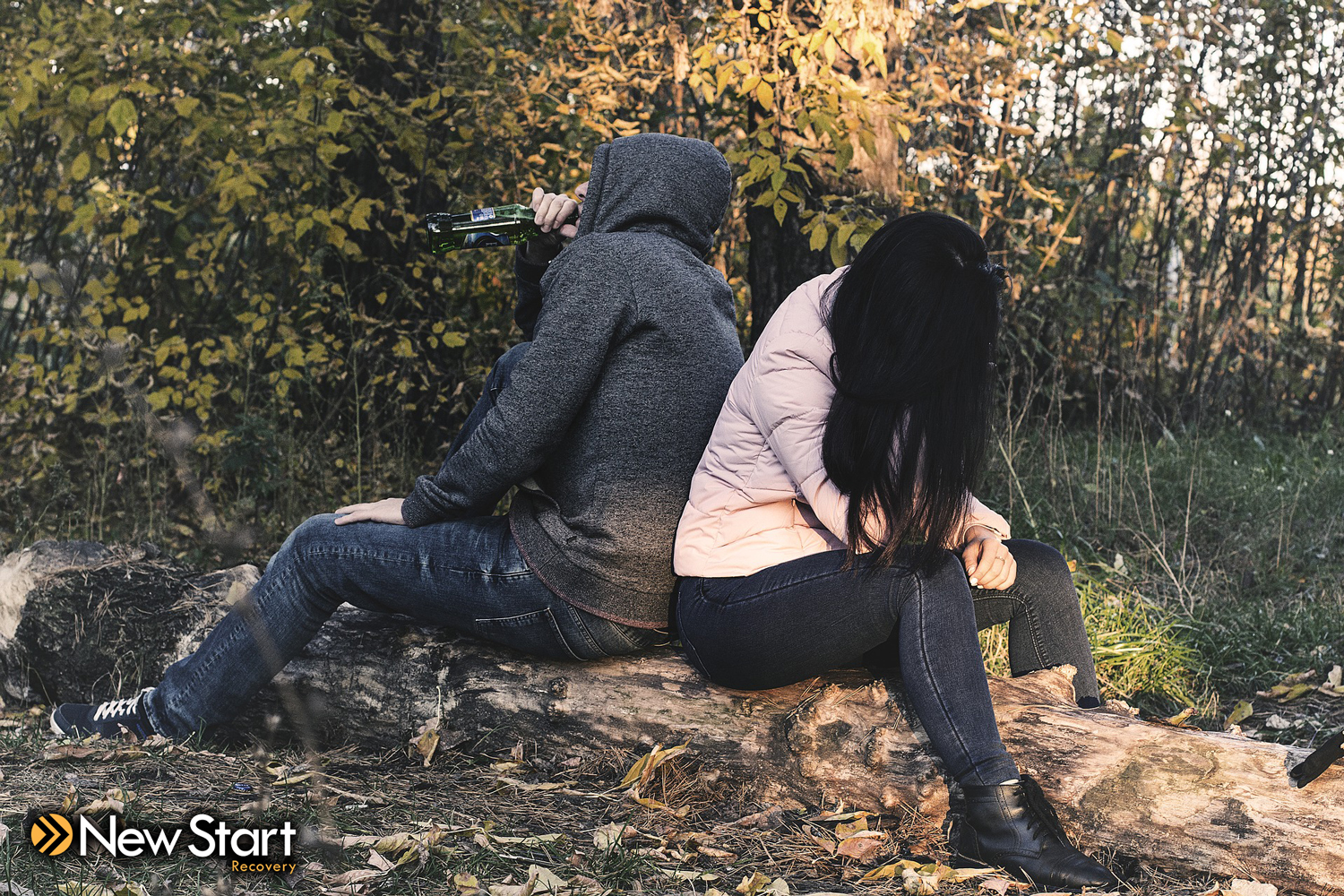Chronic substance abuse is unique among diseases because it has such a harrowing effect on not only the individual, but the family as well. The problems present interpersonal complications like broken trust, emotional manipulation, and other aberrant behavior. After a while, your loved one struggling with substance abuse may appear to have become a stranger. This phenomenon doesn’t occur with other diseases like diabetes or heart disease. That’s because addiction is a family disease.

Addiction is a Family Disease
The complications of substance abuse are particularly heartbreaking when your loved one is a spouse, son, or daughter who never displayed a propensity for dishonesty before. The shift makes their disease seem almost like a personal attack—or even a test. You face new dilemmas like:
- Isn’t it better to let him shoot up in the house, rather than be out on the streets?
- If I buy her beer, she won’t be as tempted to hit the hard liquor.
- Is it really that bad to measure, cut, and prep their drugs so they don’t accidentally overdose when they’re too messed up to know the difference?
Codependence Blurs the Line Between Helping & Enabling
All of the thoughts above stem from a troubling family dysfunction: codependence. Whether your loved one is a partner, child, or parent of yours, the line between helping them with a problem and enabling their addiction is often blurry. Issues of codependence crop up on a case by case basis. It’s recommended that codependent partners seek serious therapy, but if you’d like advice or input now, our addiction counselors are available any time: 714-455-3409
How Addiction Affects Children
 The “family disease” component becomes even more dire with children in the equation. As dependents in their formative stages of life, it’s important that the protection of children remains the #1 priority.
The “family disease” component becomes even more dire with children in the equation. As dependents in their formative stages of life, it’s important that the protection of children remains the #1 priority.
One unfortunate consequence of the opioid epidemic has been a huge upswing in the number of grandparents becoming parents. As mothers and fathers die of overdose or fall into the prison system, the care of children falls back into the hands of grandparents (or worse, they fall into the foster system).
Family Support Groups
We highly recommend that family members of people with substance abuse problems seek support groups. Al-Anon is one of the better-known support groups out there for family members of addicts. We fully endorse these groups, but with a caveat:
Al-Anon meetings are not usually guided by licensed therapists. Many family members of addicts would benefit from this kind of expert guidance of group therapy.
That said, New Start offers a family support group that we are opening to the public. As of now, we host this bi-weekly group on the first and third Thursdays of every month (check our event schedule for updates). Our program director Christian leads this group. Christian Butler earned his master’s degree in Marriage and Family Therapy at California Baptist University.
[cta-banner-alt]

